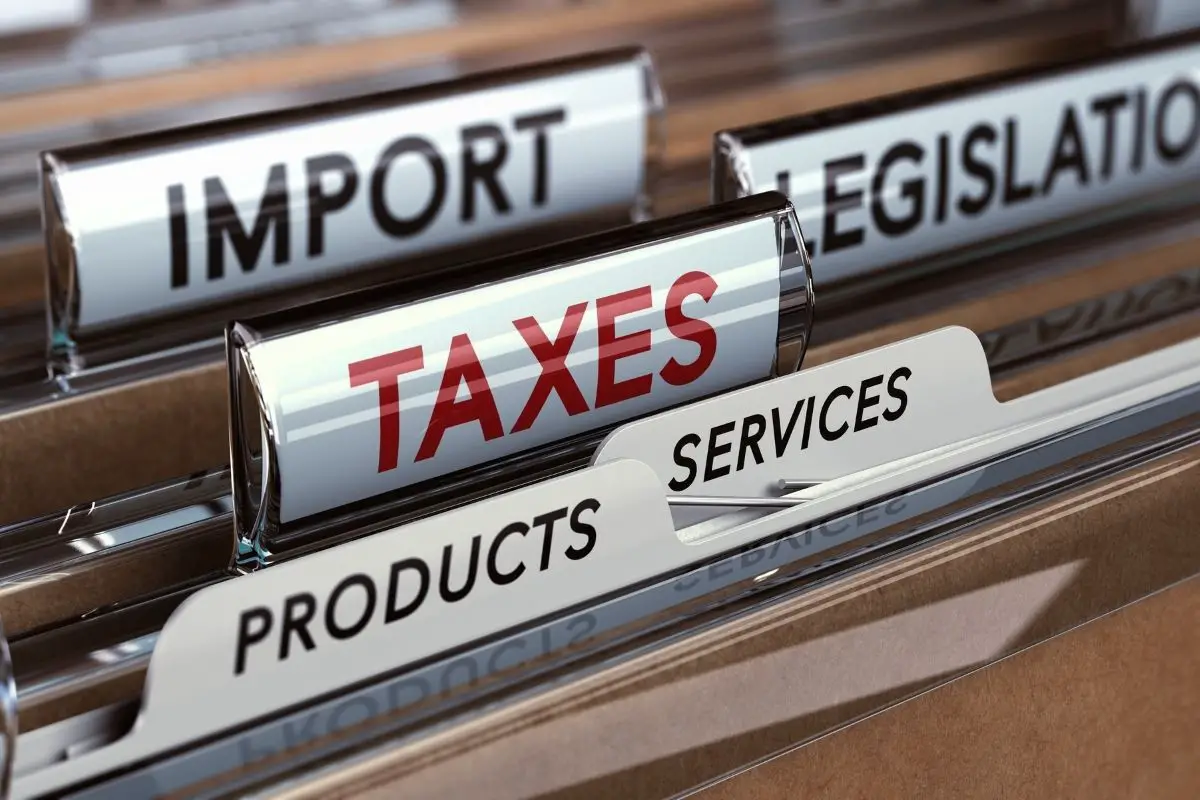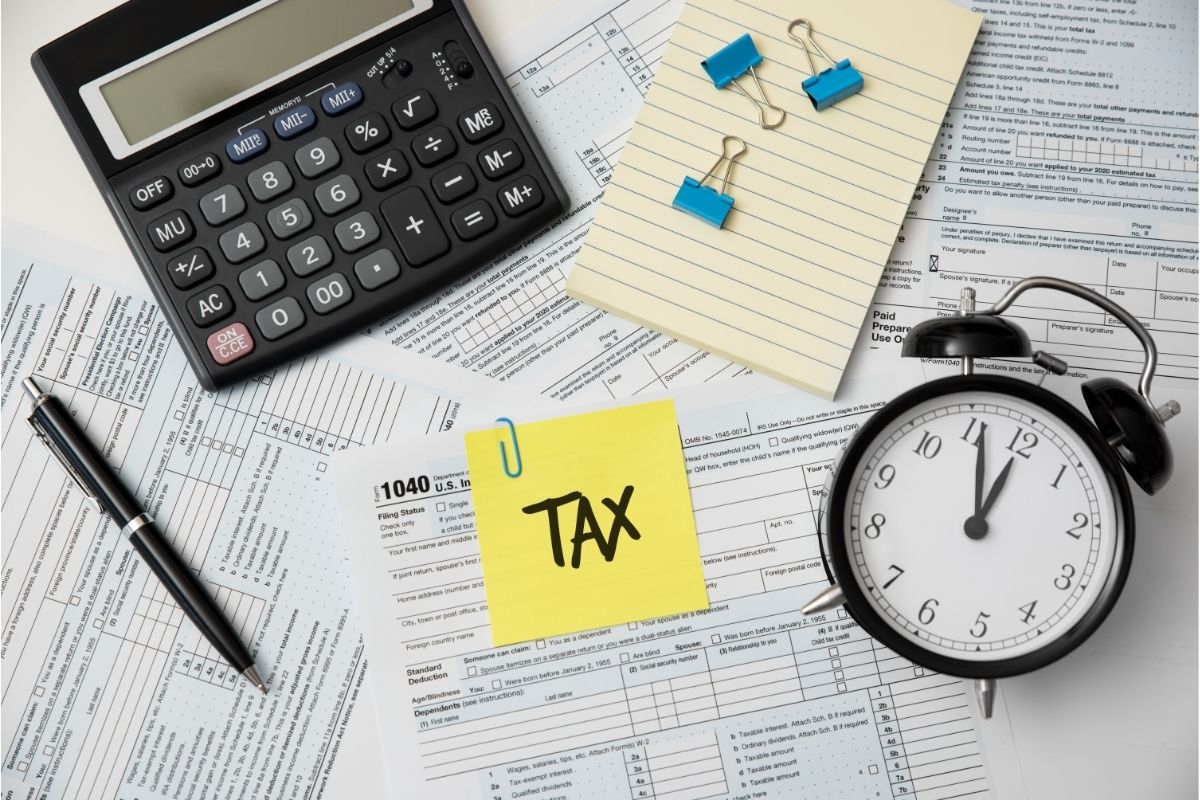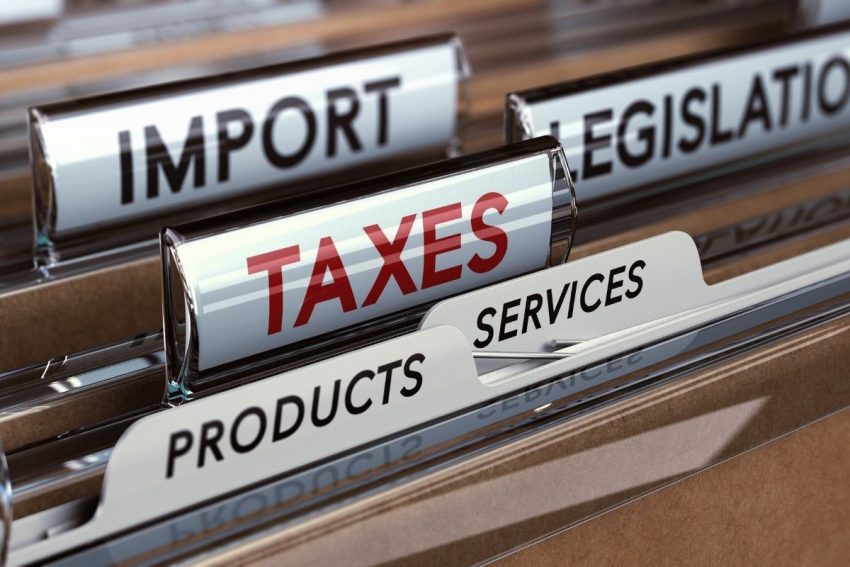If you are interested in investing your money, then you have probably considered investing in stocks. They are one of the most traditional investment routes, and they are still incredibly popular today.
Investing in stocks is a great way to build your wealth for the future, and prepare yourself for retirement. But when you invest in stocks for your future, you need to consider how it will impact your current finances.

Every year, you will need to file and pay your taxes. If you invest in stocks, it is incredibly important that you consider how this will impact your annual taxes.
Especially if your stocks are making you a profit. If your stocks are making you a profit, and you sell them at a profit, then you will have to declare this in your taxes.
In this guide, we’ll be taking a look at whether, or not, you are required to pay tax on your stocks. So, if you want to find out more, then keep on reading!
Contents
Are Stocks Taxed?
First things first, let’s establish whether, or not, stocks are taxed. The answer depends upon the situation, but if you are selling your stocks, then yes, you will have to pay tax on your stocks.
While you own your stocks, then you will not be required to pay any tax on your stocks, even if they are making you money. Stocks fluctuate constantly, and you will often be in a constant cycle of making and losing money.
It is only when you sell them that you will actually make or lose this money. Likewise, it is only when you sell these stocks that you will be required to pay any tax on your profit.
The amount of tax that you have to pay upon the sale of your stocks depends on a number of different factors. The main factor that influences this is how long you have held the stocks for.
If you have held the stocks for longer than a year, then you might be taxed at a higher rate than if you held the stocks for less than a year.
To find out how much tax you should expect to pay upon the sale of your stocks, you should speak to a tax professional.
Capital Gains Tax
When you sell your stocks, and make money on them, you will be required to pay tax on the profit.
The tax that you will have to pay is something called “capital gains tax”, and you will be required to pay this if you hold your stocks in a regular brokerage account.
There are two different types of capital gains tax: short-term and long-term capital gains tax, let’s take a look at what these two terms mean.
Short-Term Capital Gains Tax
This type of tax must be paid upon all assets that are sold when they have only been held for a short period of time. Specifically, short-term capital gains tax must be paid on assets that have been held for less than a year.
Short-term capital gains tax is charged at the same rate as your tax bracket.
Long-Term Capital Gains Tax
Alternatively, long-term capital gains tax is charged on all assets that are sold for a profit after being held for more than a year.
This type of capital gains tax is charged at a rate of either 0%, 15%, or 20%. The amount that you will be expected to pay will depend on your filing status and taxable income.
Often, you will end up paying less tax on stocks that you have held for a long time.
Tax On Dividends
If you earn dividends from your stocks, then you will usually have to pay tax on your dividends. Dividends are usually considered to be taxable income, and so you will have to pay tax on any money that you make from stock dividends.
When it comes to stock dividends, there are two different types: qualified and non-qualified.
Non-qualified dividends are often referred to as ordinary dividends, and for these dividends, you will pay tax at your standard tax bracket rate.

In contrast, when you pay tax on qualified dividends, then this will be charged at a rate of either 0%, 15%, or 20%, depending on your tax rate and filing status.
Just like short and long-term tax rates, qualified dividends will usually be charged at a lower rate than non-qualified dividends.
Despite the difference in tax rates between these two groups, those who are in a higher tax bracket will pay a higher level of tax on their dividends. Now that we have established this, let’s take a look at how to reduce taxes on stocks.
How To Reduce Taxes On Stocks
If you are somebody who actively invests in the stock market, then you will be aware that there are ways that you can reduce the amount of taxes that you have to pay on your stocks. Here are some ways to reduce taxes on your stocks.
Think About The Long Term
One way to reduce the amount of tax that you pay on your stocks is to hold onto them for a long time. After a certain period of time, your stocks will be considered qualified which means that you will end up paying less tax on them.
So, it is possible to reduce the amount of tax you pay by holding onto your stocks for longer.
Offset Gains With Investment Capital Losses
If you make a net capital loss in a single year (where your losses exceed your gains), then it is possible to use this to offset your taxes.
Summary
In short, yes, stocks are taxed. When you sell your stocks and make a profit, then you will be expected to pay tax upon the profit that you make.
Additionally, if you earn dividends from your stock investments, then you will also have to pay tax on the money that you make from your dividends.
Thank you for reading!





